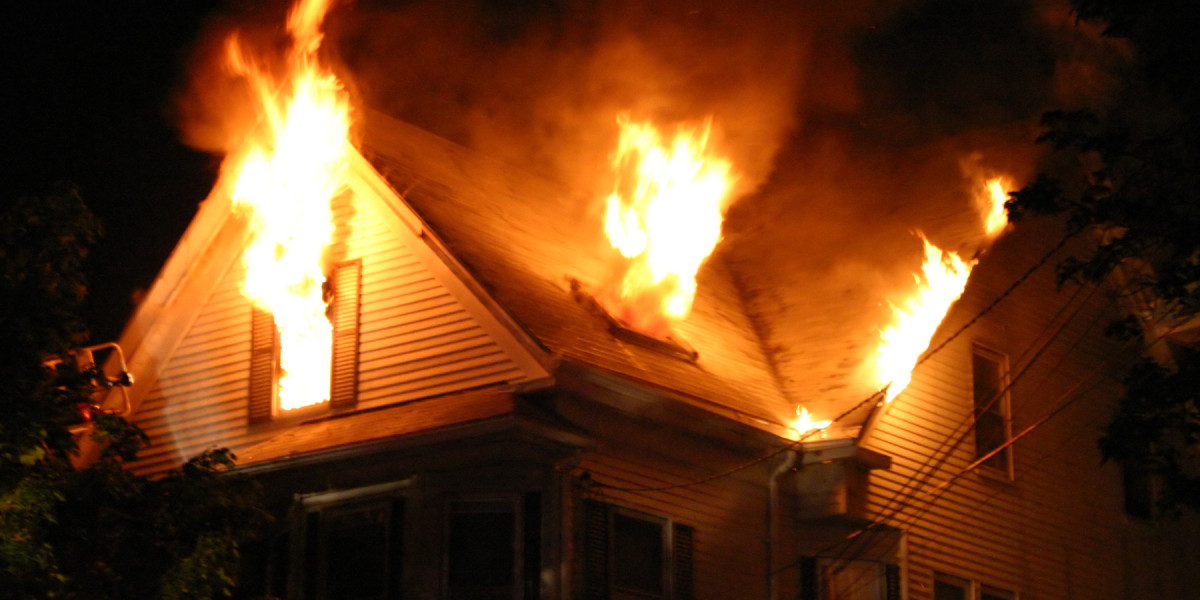Experiencing fire damage to your property is a challenging ordeal, and understanding the process of filing a claim can add stress to an already difficult time. For residents of Florida, where fires can sometimes accompany extreme weather events, knowing how to navigate https://flcareclaims.com/homeowners-guide-to-fire-damage-claims-florida/ can make a significant difference in how effectively and smoothly you recover. This guide will help you understand the essentials of fire damage claims and how to approach the process calmly and strategically.
Understanding Florida Fire Damage Claims
Florida fire damage claims are insurance claims filed to cover damages sustained due to fire incidents. These claims help homeowners and businesses recover financially by covering repairs, replacements, and potentially temporary accommodations if the property is deemed uninhabitable. While most home and property insurance policies include fire damage, the coverage specifics vary based on policy terms, the insurance provider, and the extent of damage.
Key Steps to Filing a Fire Damage Claim
The process of filing a fire damage claim can seem overwhelming, but breaking it down into clear steps can make it more manageable. Here’s a straightforward approach to guide you through each stage:
Notify Your Insurance Company Immediately
After a fire, the first step is to inform your insurance provider. Prompt notification is crucial, as it allows the insurer to assess the damage as soon as possible. Delayed reporting may impact the outcome of your claim, especially if repairs or cleanup actions alter the original damage.Document All Damages Extensively
Before cleaning or moving any items, document the damage thoroughly. Take clear photos and videos of affected areas, including structures, furniture, electronics, and personal belongings. Create a detailed list of damaged items, and if possible, gather receipts or documentation of original costs. This documentation will play a significant role in supporting your claim.Secure the Property
To prevent further damage, ensure that your property is safe. Cover open windows, fix damaged doors temporarily, and avoid any risks that could worsen the existing damage. Insurance companies require homeowners to prevent additional harm to the property, so taking these steps can also support your claim.Review Your Insurance Policy
Each insurance policy comes with specific terms and coverage limits. Before meeting with the insurance adjuster, review your policy to understand what’s covered and any exclusions. Policies may cover structural repairs, replacement costs for personal belongings, and additional living expenses if you need temporary accommodations. Clarify any policy terms that seem unclear, as understanding your coverage is essential to avoid unexpected costs.Coordinate with the Insurance Adjuster
Once you file your claim, an insurance adjuster will visit your property to evaluate the damage. It’s helpful to be present during the inspection to answer questions and provide additional information. You may also consider hiring a public adjuster if you feel that an independent assessment would be beneficial. Public adjusters work on behalf of policyholders to ensure fair claim settlements and can provide guidance on complex claims.
Working with Fire Damage Restoration Professionals
Recovering from a fire involves a range of restoration tasks, from cleaning up soot and smoke damage to rebuilding parts of your property. Many restoration companies specialize in fire damage, offering services that include structural repairs, odor removal, and mold prevention. Some insurance policies may cover these services, so inquire with your insurance provider about what restoration work is covered.
Tips for Maximizing Your Claim
While insurance companies aim to provide fair settlements, following a few practical steps can help maximize your Florida fire damage claims:
Keep Communication Clear and Professional
When communicating with your insurer, be polite, factual, and concise. Document all correspondence and keep a record of phone calls, emails, and other exchanges.Consider Hiring a Public Adjuster
If the damage is extensive or if you encounter issues with the insurer, a public adjuster can offer professional guidance. Their expertise can ensure that the claim process runs smoothly and that you receive an accurate settlement.Stay Informed of Florida Regulations
Florida has specific regulations regarding insurance claims and claim settlements. Staying informed about these guidelines can help you understand your rights and avoid unnecessary complications.
What to Expect in the Claim Settlement
Once the claim has been filed, documented, and evaluated, the insurance company will process the settlement. The timeline can vary based on factors like the extent of damage, the insurer’s processing time, and any additional inspections required. Generally, you can expect a portion of the settlement to cover immediate repairs, with the remaining funds released as repairs progress. If your claim is denied or the settlement seems inadequate, you have the option to appeal or negotiate.
Conclusion
Navigating Florida fire damage claims can be a smoother process with the right preparation and understanding. By following these steps, you can improve your chances of a fair settlement and a timely recovery. Remember to communicate clearly, document thoroughly, and, if needed, seek professional guidance to support your claim effectively. While the experience of fire damage is undoubtedly difficult, knowing how to handle the claims process can bring some peace of mind during the recovery journey.








